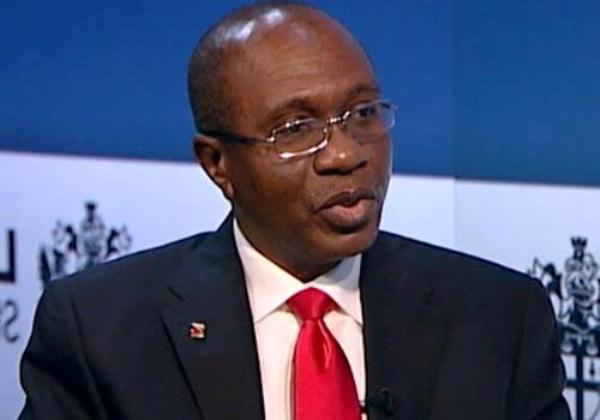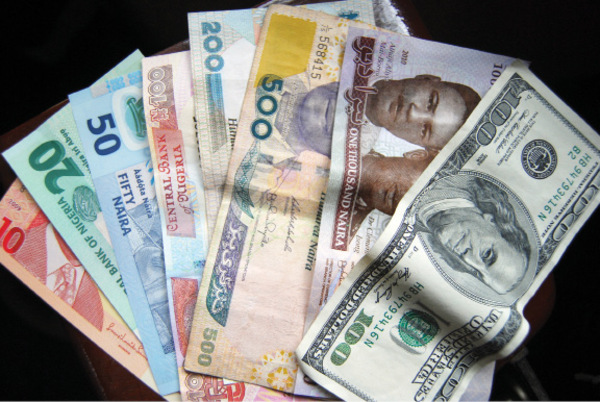CBN Considering Fresh Capital Base For Banks
The disclosure Monday of plans by Central Bank of Nigeria (CBN) Governor Godwin Emefiele to pursue, among other objectives, the recapitalisation of the banking sector, may have triggered suspicions of distress in the industry.
Those who pursue this line of argument believe banks’ poor balance sheet, even as they declare huge profits, is responsible for their refusal to lend to the real sector, especially the small and medium enterprises (SMEs), mostly regarded as the engine of economic growth.
Emefiele who unveiled his monetary policies for the next five years, specifically targeted price, exchange and inflation rates stability, to buoy economic activities through enhanced lending. He specifically said recapitalisation would also boost the ranking of Nigerian banks in the global financial market.
He said: “In the next five years, we intend to pursue a programme of recapitalising the banking industry so as to position Nigerian banks among the top 500 in the world. Banks will therefore be required to maintain higher level of capital, as well as liquid assets in order to reduce the impact of an economic crisis on the financial system.”
However, financial services operators were quick to deny the possibility of distress in the sector, saying that banks assets base and international ratings indicate that the sector is still stable and viable.
The CBN governor, who was reappointed for a second term of five years, who based his argument for recapitalisation on current economic realities occasioned by high inflation and exchange rates, recalled that it was Governor Chukwuma Soludo in 2004, who did the last recapitalisation moving the capital base from N2 billion to N25 billion.
He continued: “I must commend those efforts because they resulted in positioning Nigerian banks not only in Africa but also being among the top banks in the world in terms of capitalisation and also helped to increase and strengthen the banks’ capacity to take on large ticket transactions and those are some of the things we badly need today.
‘If you relate it N25 billion in 2004, exchange rate which was about N100/$, N25 billion is almost about $200 million today if you relate N25 billion at N360; you can see that it is substantially lower than $75 million. So, what we are trying to say is that the capitalisation has weakened quite substantially.
‘There is a need for us to say that it is time to recapitalise Nigerian banks again. It is a policy thrust, which will be discussed at the Committee of Governors meeting, and of course, the framework for recapitalisation of Nigerian banks will be unfolded for the whole world to know.”
But dismissing the suspicion of distress in the sector, the President, Chartered Institute of Bankers of Nigeria (CIBN), Dr Uche Olowu, argued that recapitalisation is not an admission of distress.
Olowu said that in view of current realities where Nigerian banks are also players in both the regional and international markets, they need to shore up their capital base in order to remain competitive.
Besides, he noted, exposures to some sectors, like power during the privatisation and the petroleum downstream industry, eroded banks capital in the past, and therefore needed to be shored up.
Emefiele had said the power sector would also witness another intervention, though in a different manner to enhance electricity supply to drive industrialisation in Nigeria.




